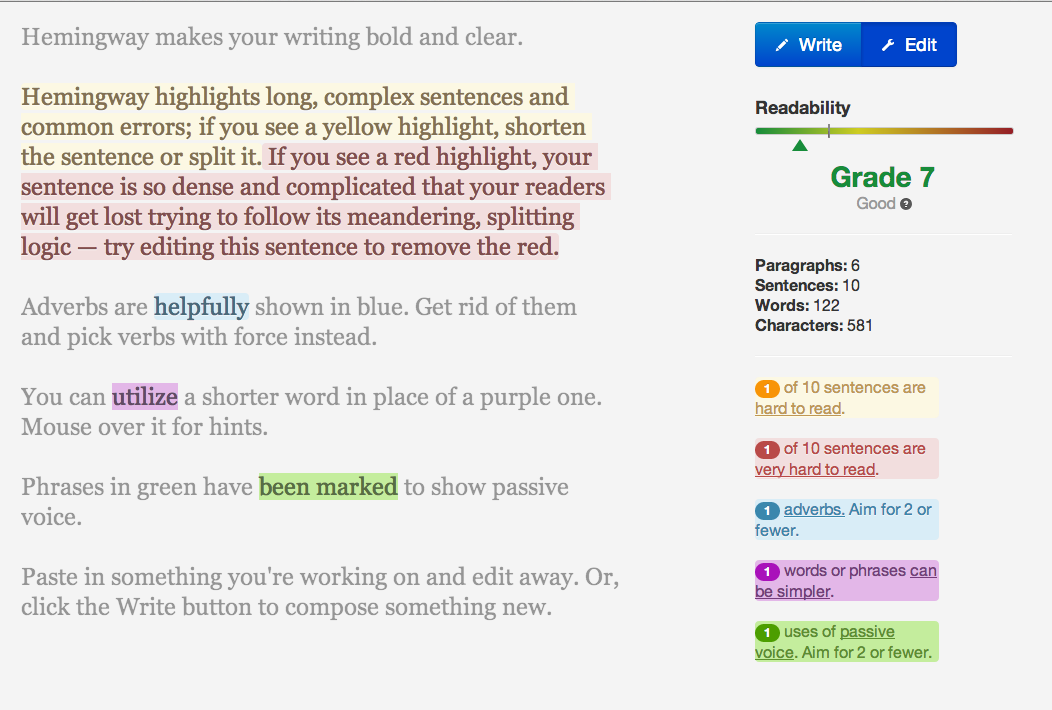I’ve heard people say “millennials don’t read,” but I usually chalk up that type of comment to a grumpy aging person. Of course millennials read. (Full disclosure: I am a millennial with an English major … I may have some bias.) Perhaps millennials digest content in different ways. That doesn’t mean they are reading-averse. Or so I thought.
Recently I walked five high school students through a high-fidelity prototype. Each student reported the video player was the most interesting content on the prototype. Not surprising, right? What did stun me, though, was the strength of each student’s aversion to written content. Comments included, “people like to watch videos and not read a lot of words” and ” would rather watch the video than read a long article.” Over and over in our discussions the students gravitated to the visual content areas.
I gnawed on those discussions through the weekend and into this week and I finally had to ask Google: do millennials read? Side note: Google’s first autocomplete option was “do millennials stand a chance?” Not nice, people. Anyways, here’s a smattering of what I found:
- McKinsey & Company found that users ages 18-24 spend more time reading the news than four years prior (average = 61 minutes per day).
- Pew Research found young people create hyperlinks in their brain by scanning large amounts of information. This activity rewires the brain.
- Pew Research also found that millennials are the most educated generation in America’s history - 40% of 18 to 24 year olds enrolled in college.
- Nielsen Market Research found that millennials buy 30 percent of books in America (baby boomers accounted for only 24 percent of purchases). eBooks account for 43 percent of those purchases.
Most of the research to-date confirms that millennials are, in fact, reading. I took a brief and non-scientific run through some discussion threads on Yahoo! and found that most millennials on the thread had read several books in the past year – and a few had read dozens.
So, what’s with my testing sessions last week? Why did the high school students state an aversion to wordy sites or elements?
I don’t know. But maybe this is more about university websites than it is about reading. Maybe the students’ experiences on college and university websites are dense, convoluted, and frustrating. Maybe what they’re saying is we have work to do.
Let me leave you with this: the Hemingway app. It’s an online tool that helps you make your writing shorter and to-the-point. Let’s focus on improving the writing we do, and perhaps, we’ll see more readers.
